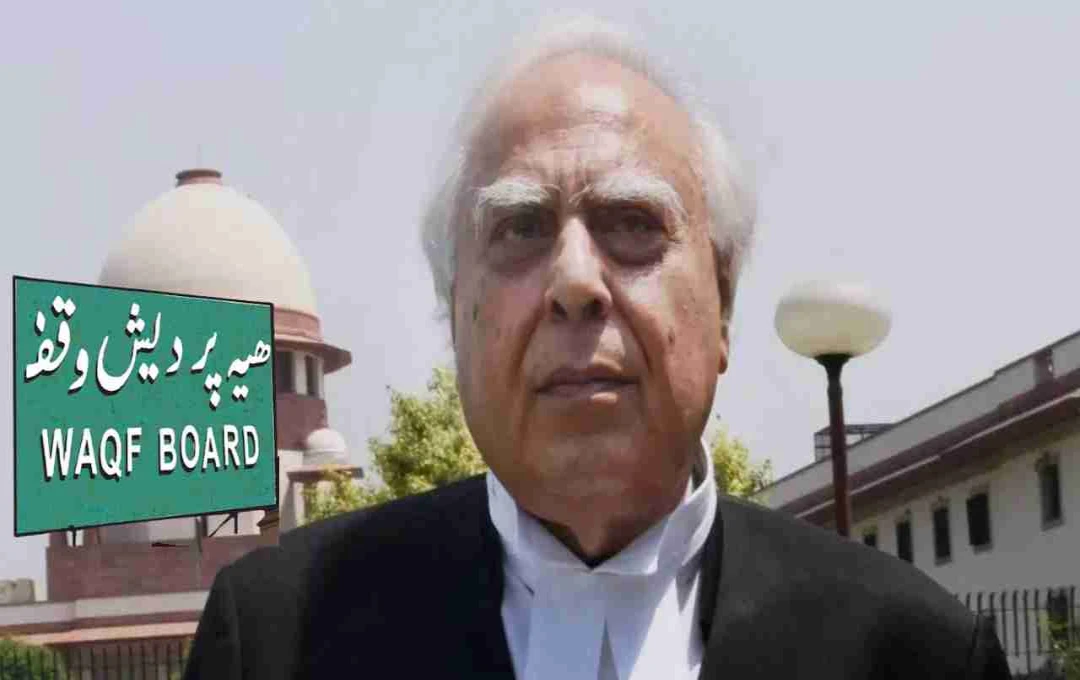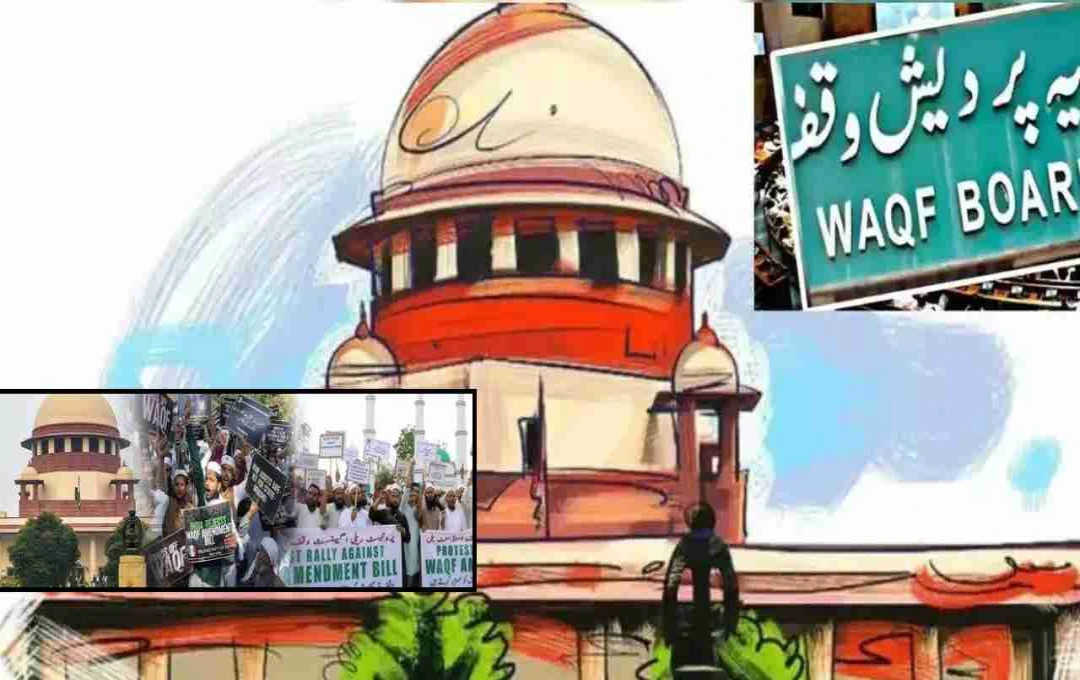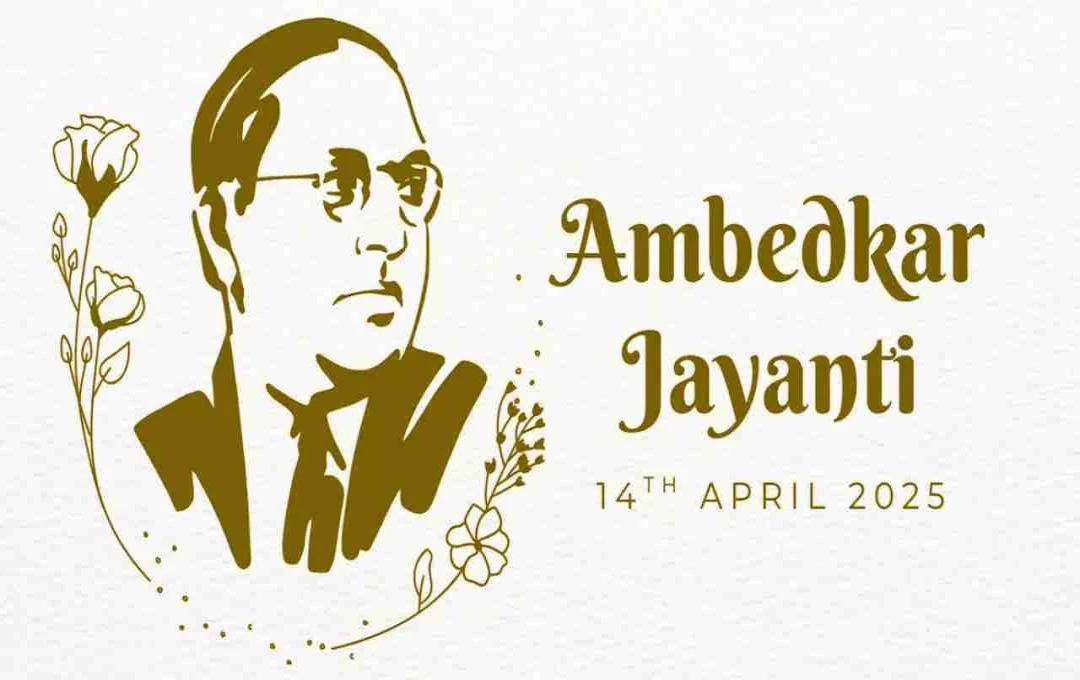Prominent Lawyer Kapil Sibal Demands Expedited Hearing on Waqf Amendment Act
Kapil Sibal, a Rajya Sabha MP and renowned lawyer, has petitioned the Supreme Court for an expedited hearing on the Waqf Amendment Act 2025. He argues that the Act violates religious freedom and constitutional rights. The bench, headed by CJI Sanjeev Khanna, after hearing arguments presented by senior counsel representing Sibal, assured that a decision on listing the petitions would be made by afternoon.
What Did the Chief Justice Say?

The CJI stated that provisions for expedited hearings already exist and a decision on listing the petitions would be made after reviewing them in the afternoon. He mentioned that several petitions on this issue have already been filed and would be listed together.
Opposition Mounts After Presidential Assent
President Droupadi Murmu recently gave her assent to the Waqf (Amendment) Bill 2025, following heated discussions in both houses of Parliament. Numerous petitions have since been filed, including one by the Samastha Kerala Jam'iyyathul Ulama, which termed the Act an attack on the Constitution.

Jamiat Ulama-e-Hind's Objection
The Jamiat Ulama-e-Hind, in its petition, claims the Act attempts to curtail the religious freedom of the Muslim community. The organization bly opposes the provision for including non-Muslim members on Waqf Boards, considering it a direct violation of fundamental rights.
Nationwide Protests Planned
Six petitions have been filed in the Supreme Court against the Act to date. The Muslim Personal Law Board has also announced nationwide protests against the legislation. The petitions primarily focus on religious freedom and constitutional provisions like Articles 14 and 15.

The Government's Stance
The government maintains that the Act pertains to property management and aims to enhance transparency and accountability. It further argues that the Act, under Article 15, protects the interests of Muslim women and grants them specific rights. The government asserts that the Act improves Waqf property management and is constitutional.














